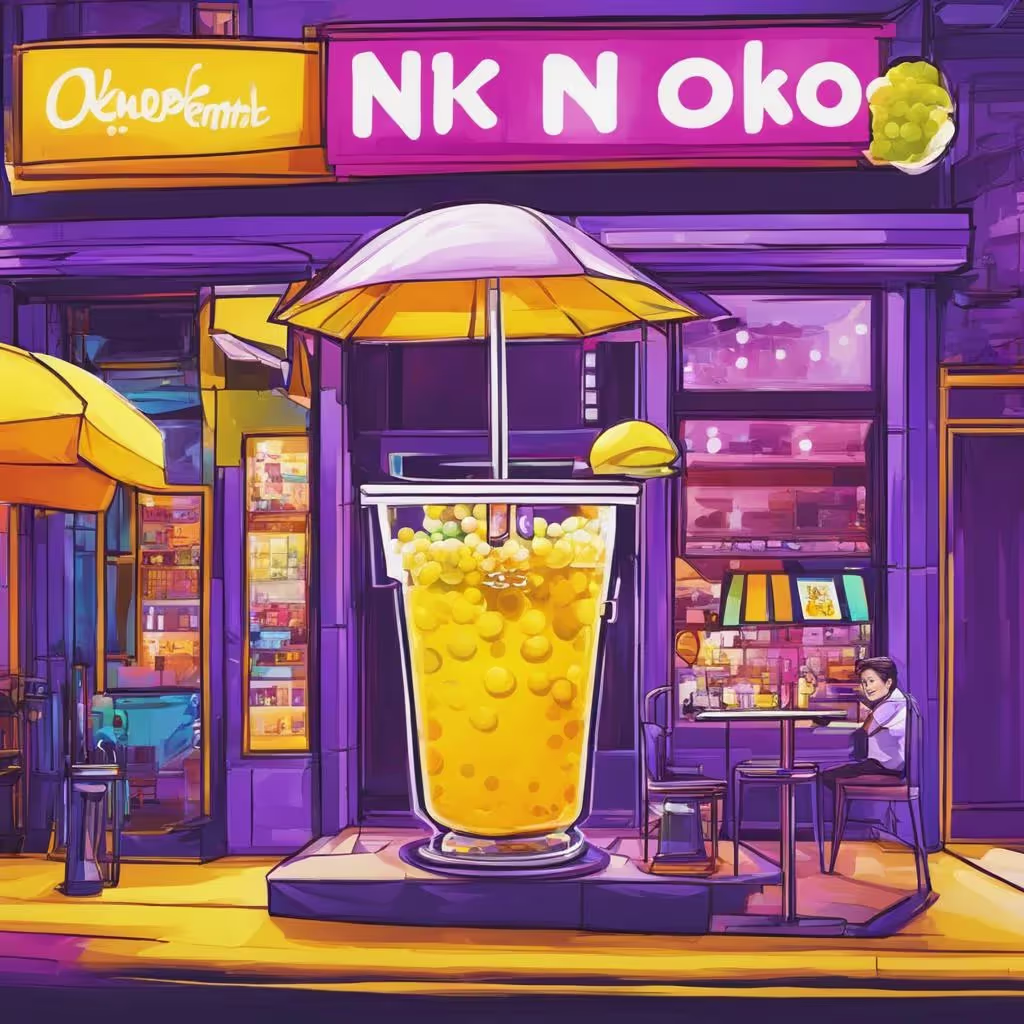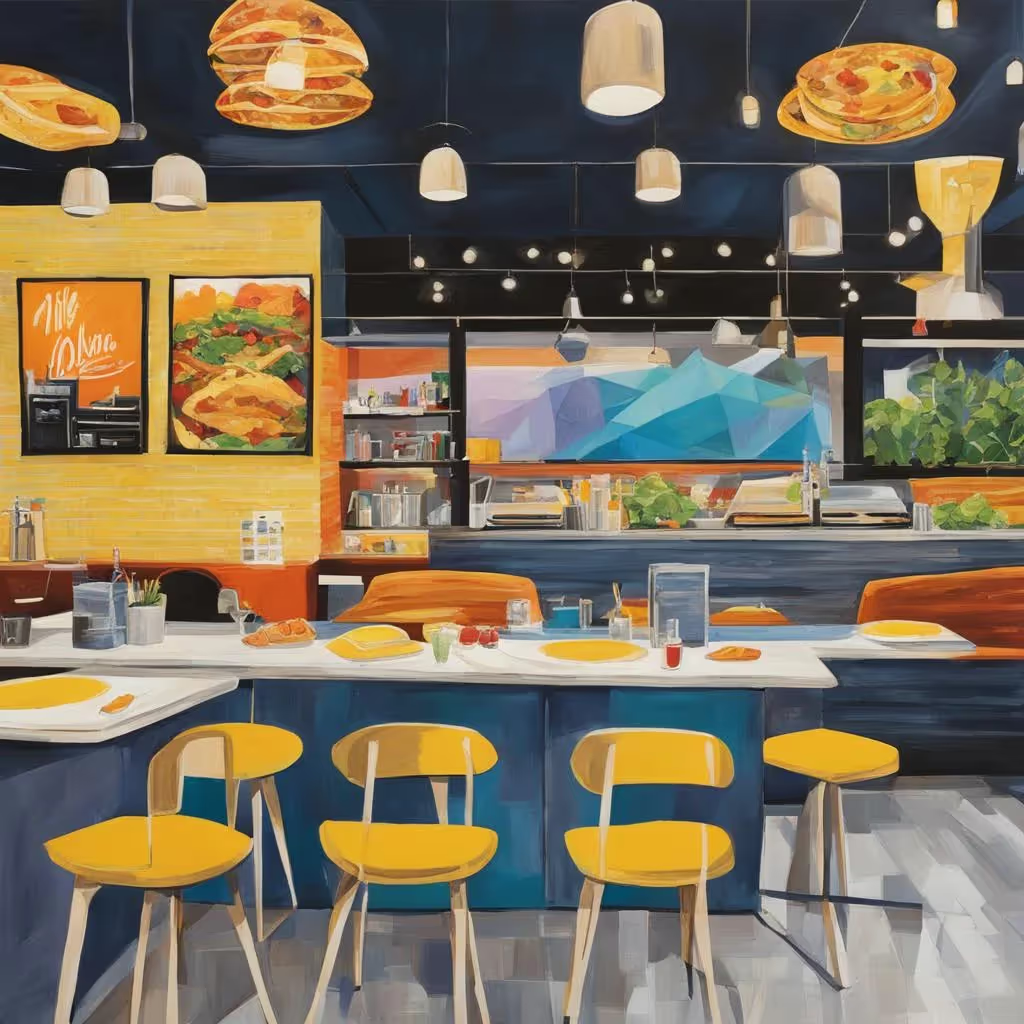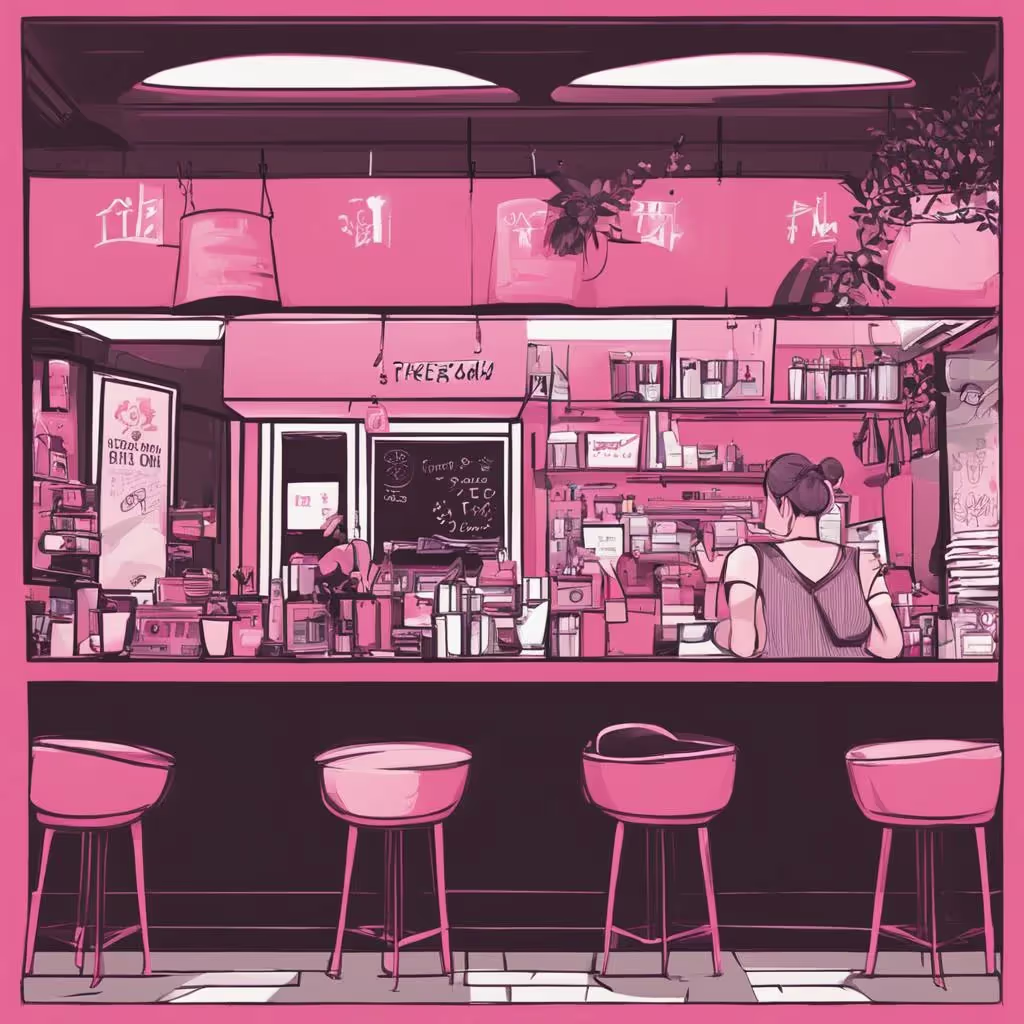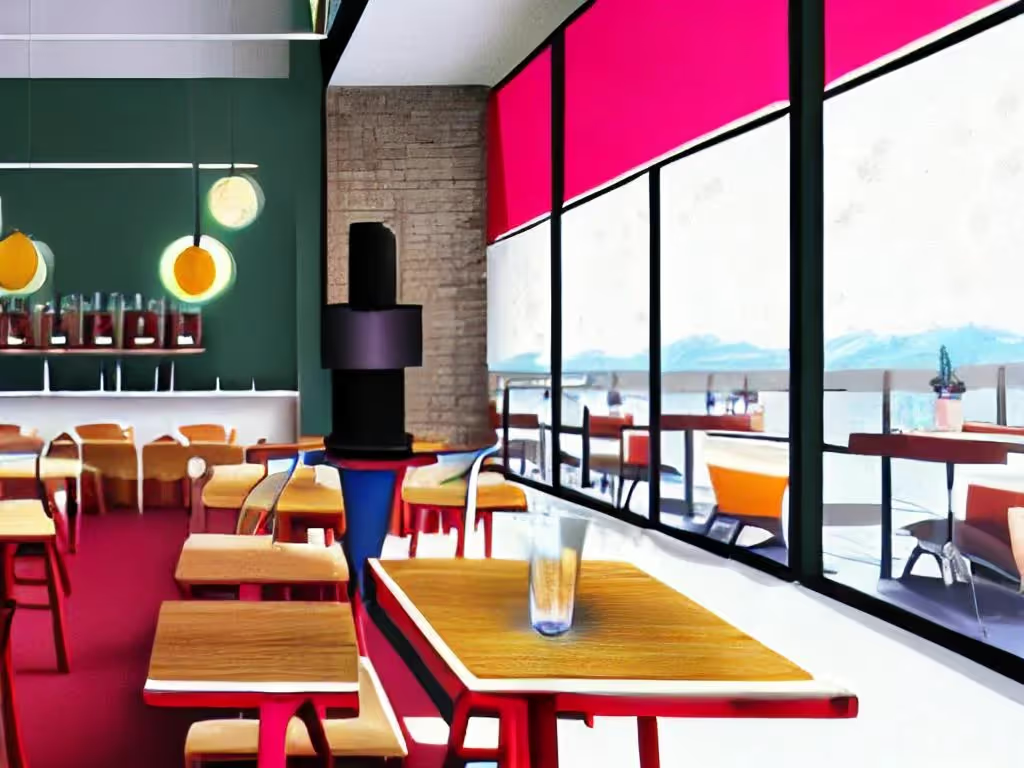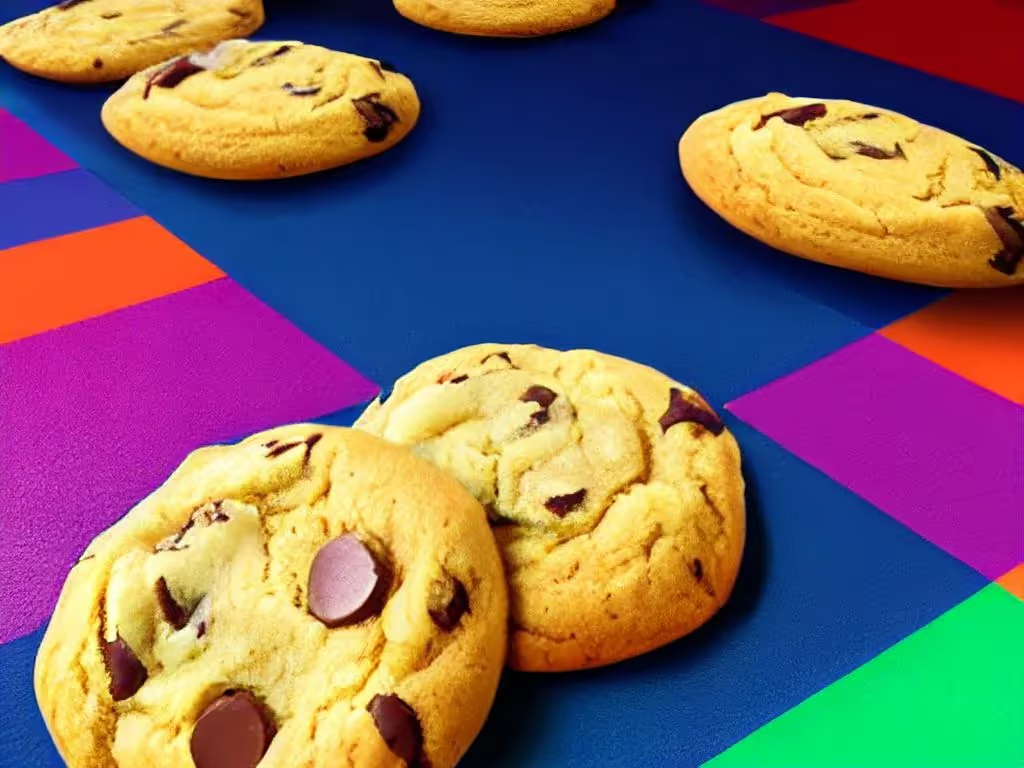TLDR
As a leading specialty coffee roaster and retailer, Blue Bottle Coffee has set ambitious sustainability goals to reduce its carbon footprint across operations and the supply chain. In April, Blue Bottle doubled its discount on drinks served in reusable cups to 50 cents, building on its year-round 25-cent reusable cup discount program. These initiatives support Blue Bottle's commitment to achieve carbon-neutral certification by 2024. With aesthetically pleasing cafes and a focus on an elevated customer experience, Blue Bottle is showing how a premium coffee brand can make sustainability a priority. Their efforts encompass emissions reductions in green coffee sourcing, cafe operations, and workplace policies. For coffee shops looking to make sustainability gains while maintaining quality, Blue Bottle offers an aspirational model of what's possible. Their expanding reuse program and progress toward carbon neutrality certification demonstrate that caring for the planet and serving world-class coffee go hand in hand.
Blue Bottle Coffee's Commitment to Sustainability
Blue Bottle Coffee aimed to achieve zero waste for half of its U.S. retail locations by 2021.
Reducing GHG Emissions Across Operations
The company is focused on decreasing greenhouse gas (GHG) emissions in several areas of its operations, including green coffee sourcing, electricity usage, dairy, and waste. Blue Bottle has set a high-level roadmap to achieve carbon neutrality certification by 2024.
Sustainable Sourcing
Blue Bottle purchases coffee through direct trade, which helps support sustainable farming practices. They pay farmers higher than fair trade prices to incentivize environmentally friendly techniques. The company also invests in farmer education programs on topics like composting, erosion control, and water conservation.
Reducing Energy Usage
Blue Bottle has implemented several initiatives to cut down on energy consumption, such as using LED lighting, efficient HVAC systems, and occupancy sensors in their cafes. They plan to source 100% renewable energy for all company-owned cafes by 2024.
Sustainable Packaging
The coffee brand has set a goal to make 100% of its packaging compostable, recyclable, or reusable by 2025. Currently, all hot coffee cups, cold cups, and food packaging are compostable, and they offer discounts for customers who bring reusable cups.
Through these multi-pronged efforts across their operations, Blue Bottle Coffee is striving to reach carbon neutrality certification within the next few years. Their sustainability initiatives demonstrate a real commitment to environmental responsibility and are setting an example for other companies in the coffee industry. Overall, Blue Bottle is a leader in sustainable business practices.
How Blue Bottle Is Working Towards Carbon Neutral Certification
Blue Bottle Coffee has committed to achieving carbon neutrality certification for its operations by 2024. To reach this goal, the company is taking action across its supply chain and business.
Reducing Emissions from Green Coffee Supply Chain
Blue Bottle is working with coffee farmers to adopt sustainable agricultural practices that curb emissions. This includes using techniques like shade-grown coffee, composting, and planting cover crops. The company also invests in reforestation efforts at coffee farms. These steps help ensure that Blue Bottle's green coffee supply chain will have net zero emissions.
Improving Sustainability in Cafes
Blue Bottle cafes are reducing their environmental impact through initiatives like using renewable energy, reducing waste, and making operations more efficient. Many cafes have switched to LED lighting and use highly efficient equipment. The company also aims to cut cafe emissions intensity by 20%. This will be achieved through steps like optimizing heating and cooling, and reducing waste and food loss.
Earth Month Initiatives and Everyday Sustainability Practices
Blue Bottle Coffee has implemented several sustainability initiatives to reduce their environmental impact, especially during April's Earth Month.
Supply Chain Emissions Reduction
Blue Bottle is collaborating with suppliers to adopt sustainable agricultural practices that curb deforestation and support regenerative farming. They aim to source 100% of their coffee through programs focused on socioeconomic and environmental standards. Blue Bottle also offers oat milk as a dairy alternative to decrease emissions from industrial animal agriculture.
Zero-Waste Cafes
Blue Bottle operates its cafes with a zero-waste mindset by composting or recycling all materials. They discount reusable cups and have eliminated single-use plastics. These practices significantly decrease waste sent to landfills and the subsequent methane emissions. Blue Bottle educates its customers on sustainability through its cafe design and employee interactions.
Employee Initiatives
The company provides sustainability education and incentives for their employees to make environmentally-friendly choices. Employees who commute sustainably receive benefits, and all staff must complete environmental training. Employees are essential stakeholders in achieving Blue Bottle’s sustainability goals, so the company prioritizes greening their operations and work models.
Blue Bottle's multifaceted approach to sustainability through supply chain innovations, zero-waste cafes, renewable energy adoption, and employee initiatives demonstrate their leadership and commitment to significant emissions reductions and carbon neutrality. Their sustainability efforts and high-quality coffee create an unparalleled experience for environmentally-conscious customers. Blue Bottle is poised to achieve their goal of carbon neutral certification by 2024 through their continued progress.
Final Thoughts
You have the power to reduce your environmental impact every time you get your morning coffee. Opting for reusable cups over single-use cups makes a difference, and choosing brands committed to sustainability can drive change. Blue Bottle's discounts for reusable cup use and carbon neutrality goals set an example. With your support of earth-friendly brands and habits, the coffee industry can become part of the climate solution. Your daily coffee can do more than energize you, it can energize progress.


.webp)


.webp)
.png)
.webp)


.avif)
.webp)
.webp)
.webp)

.webp)







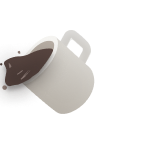

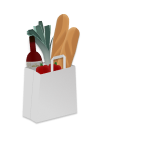
.png)
.png)


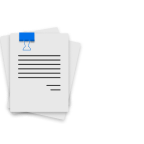




.svg)
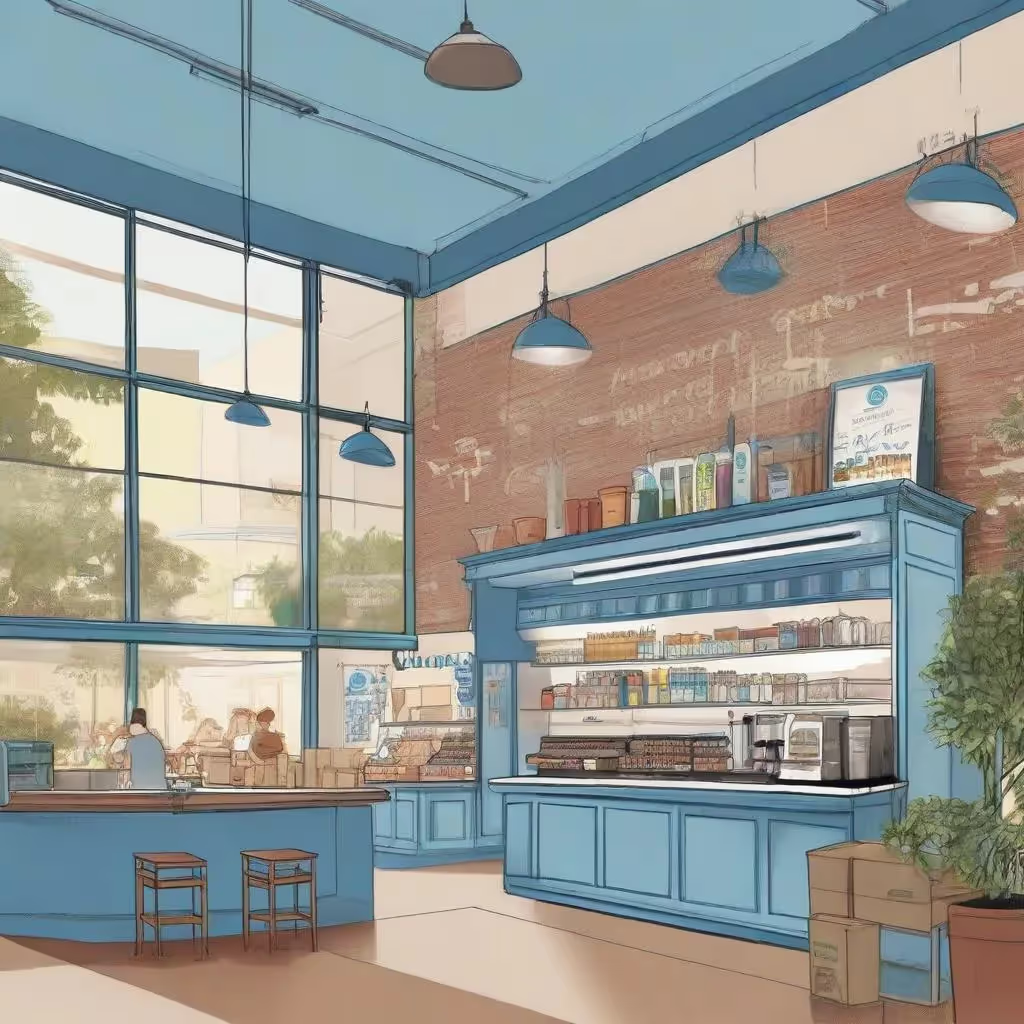




.svg)
.svg)
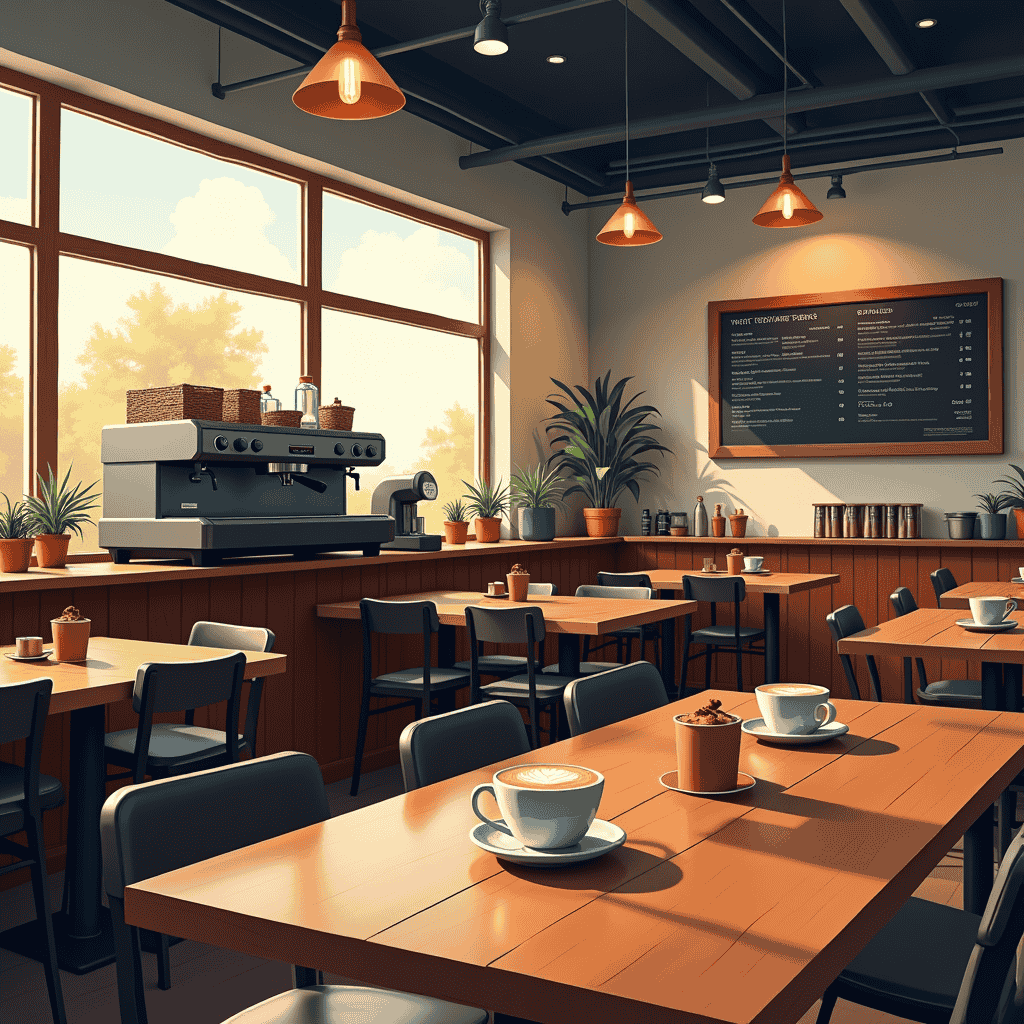

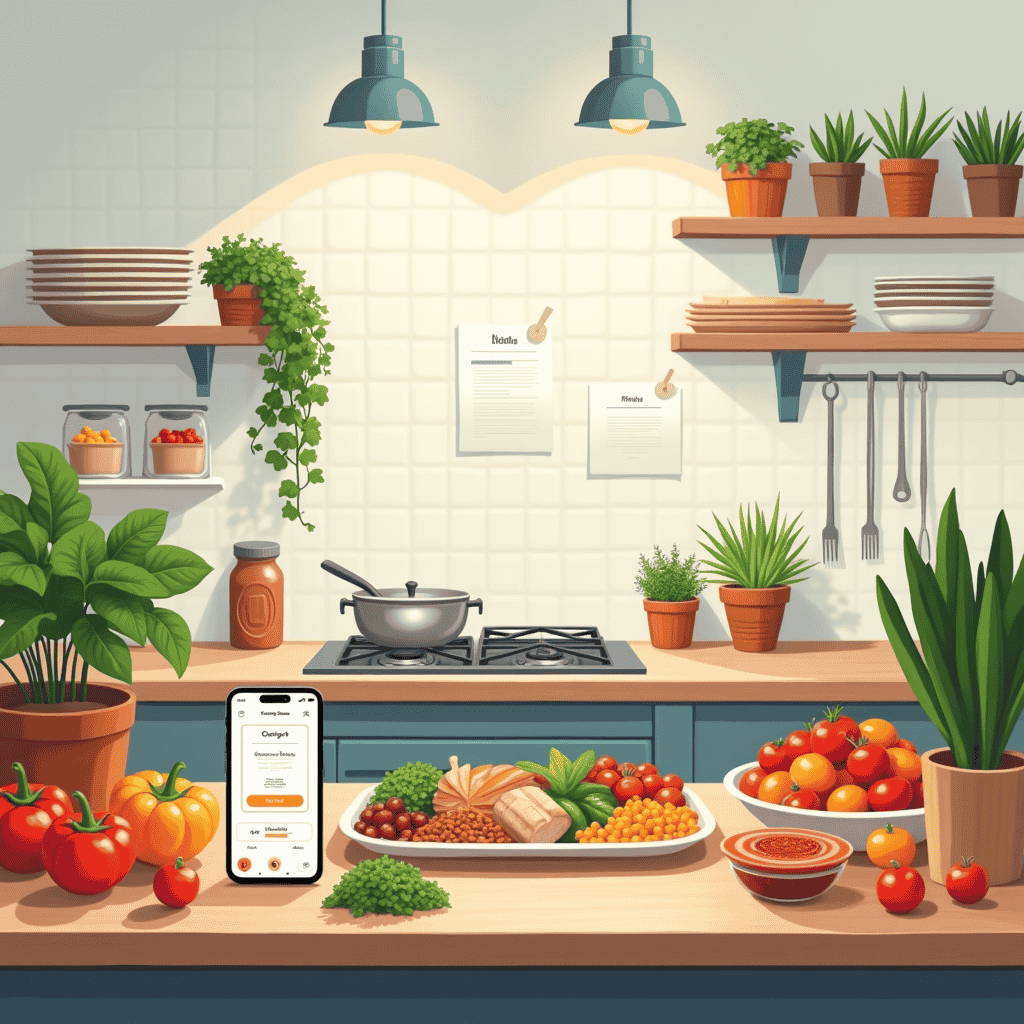
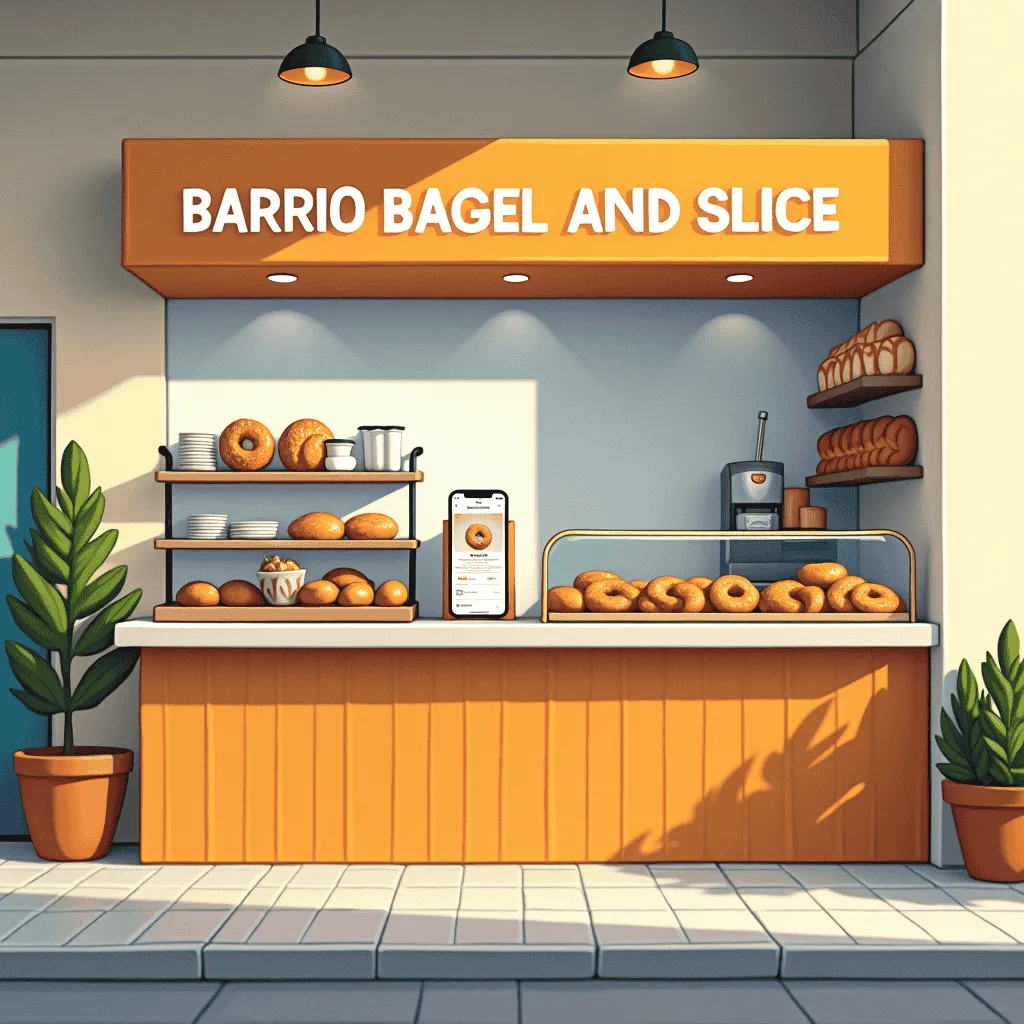
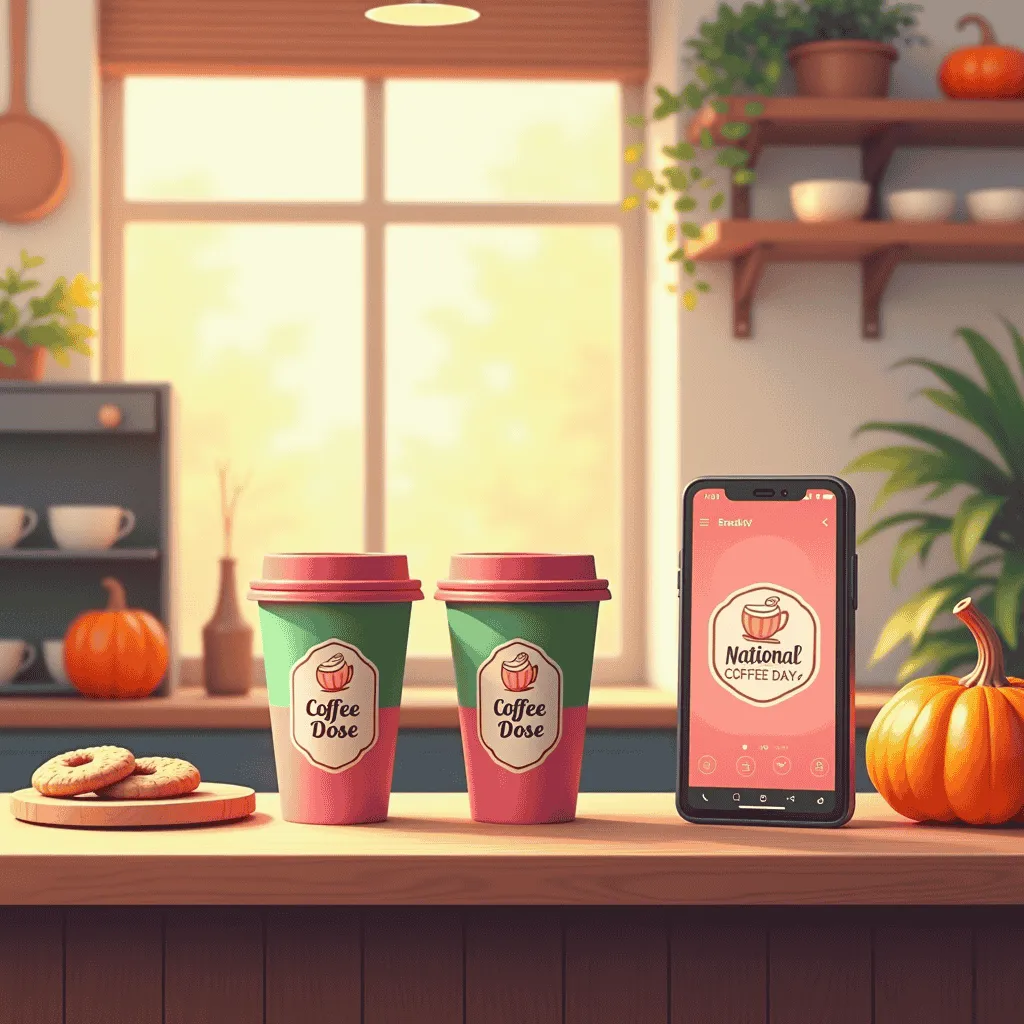
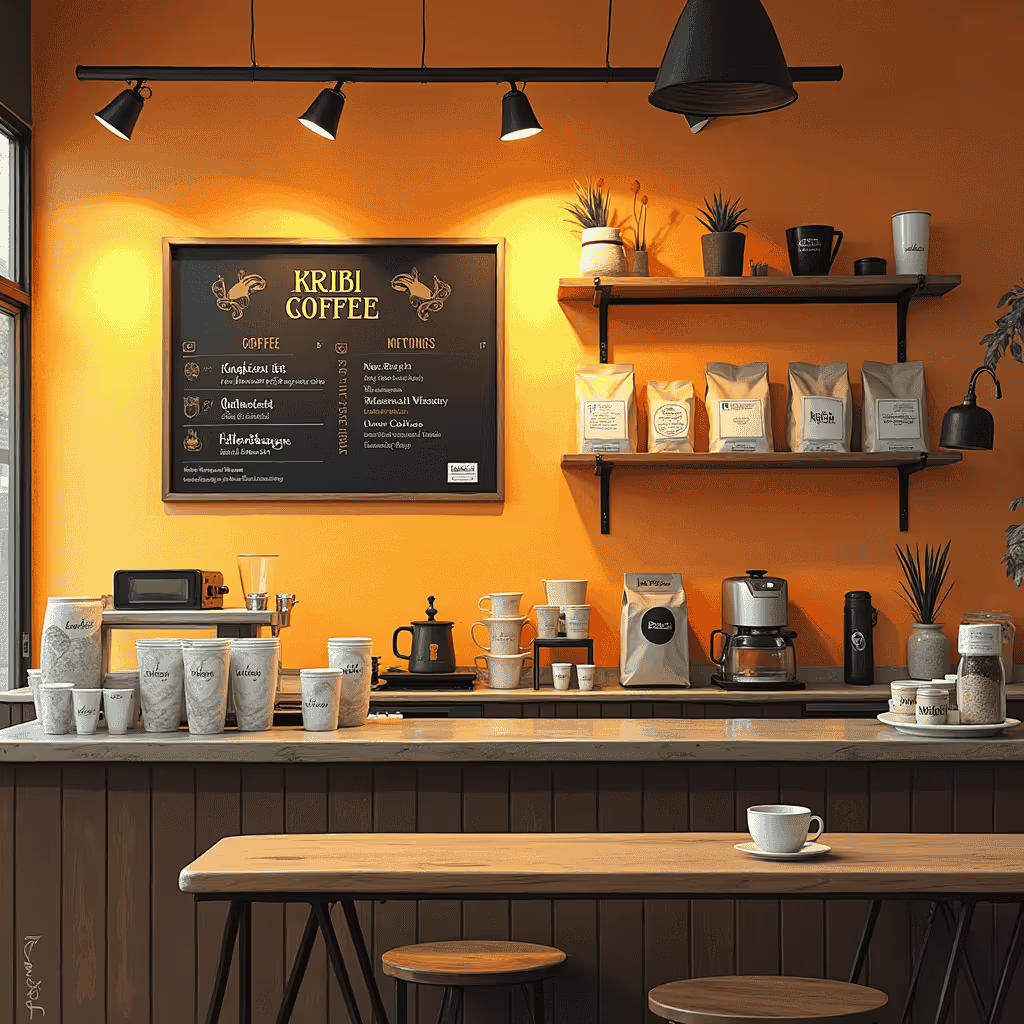
.avif)
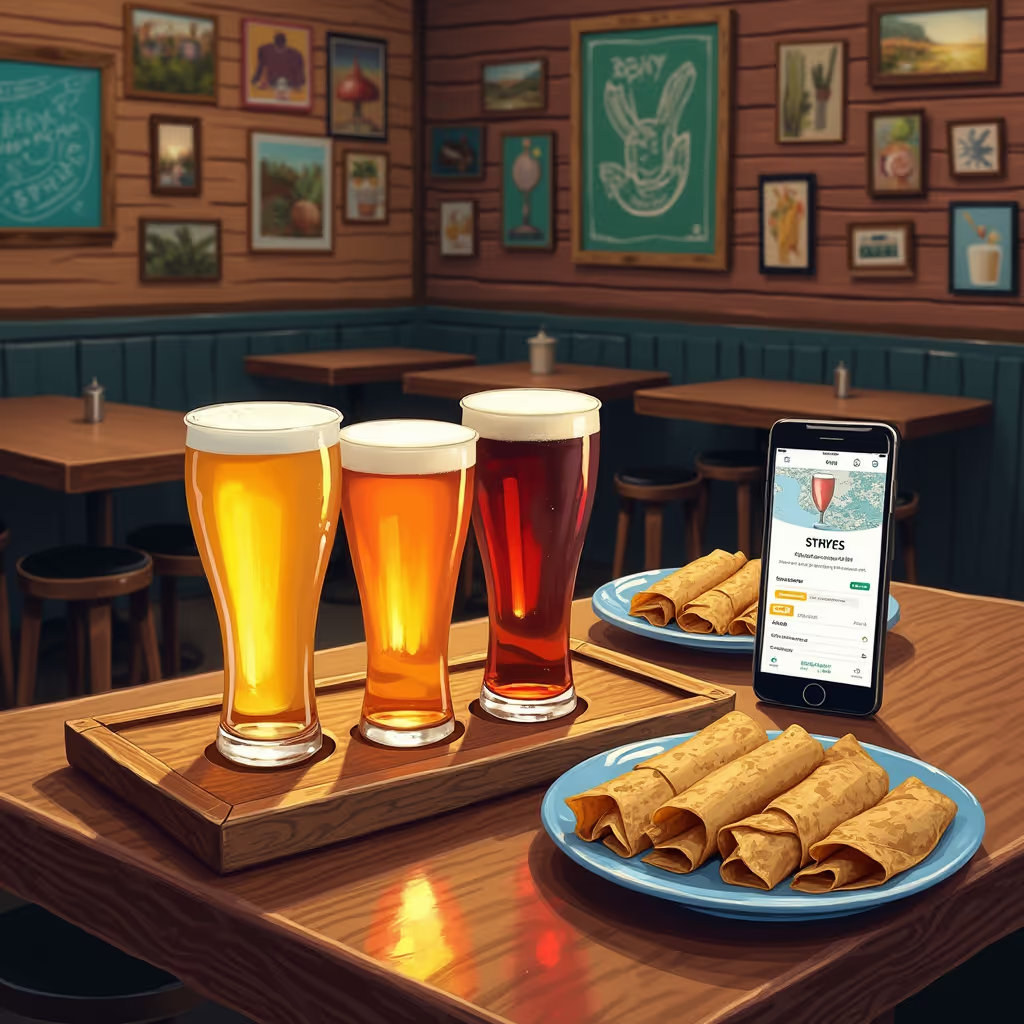
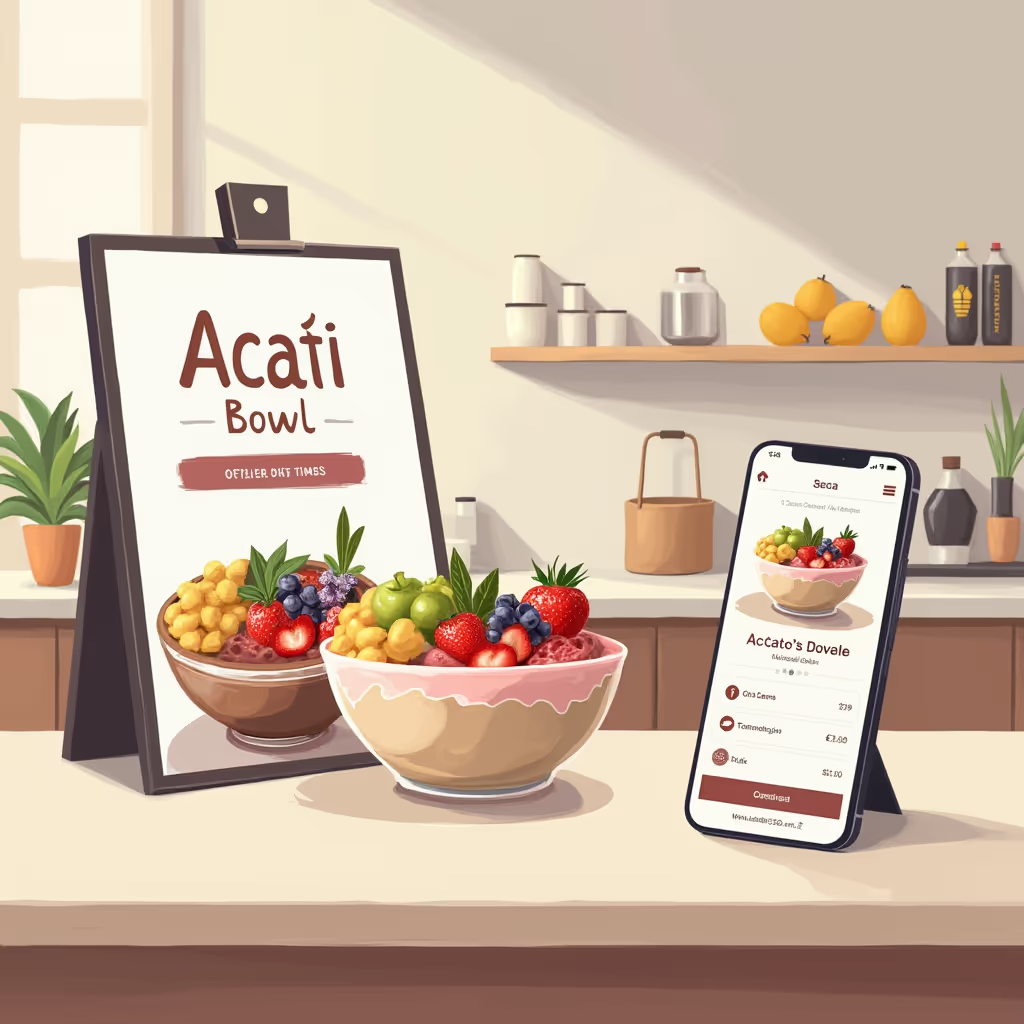
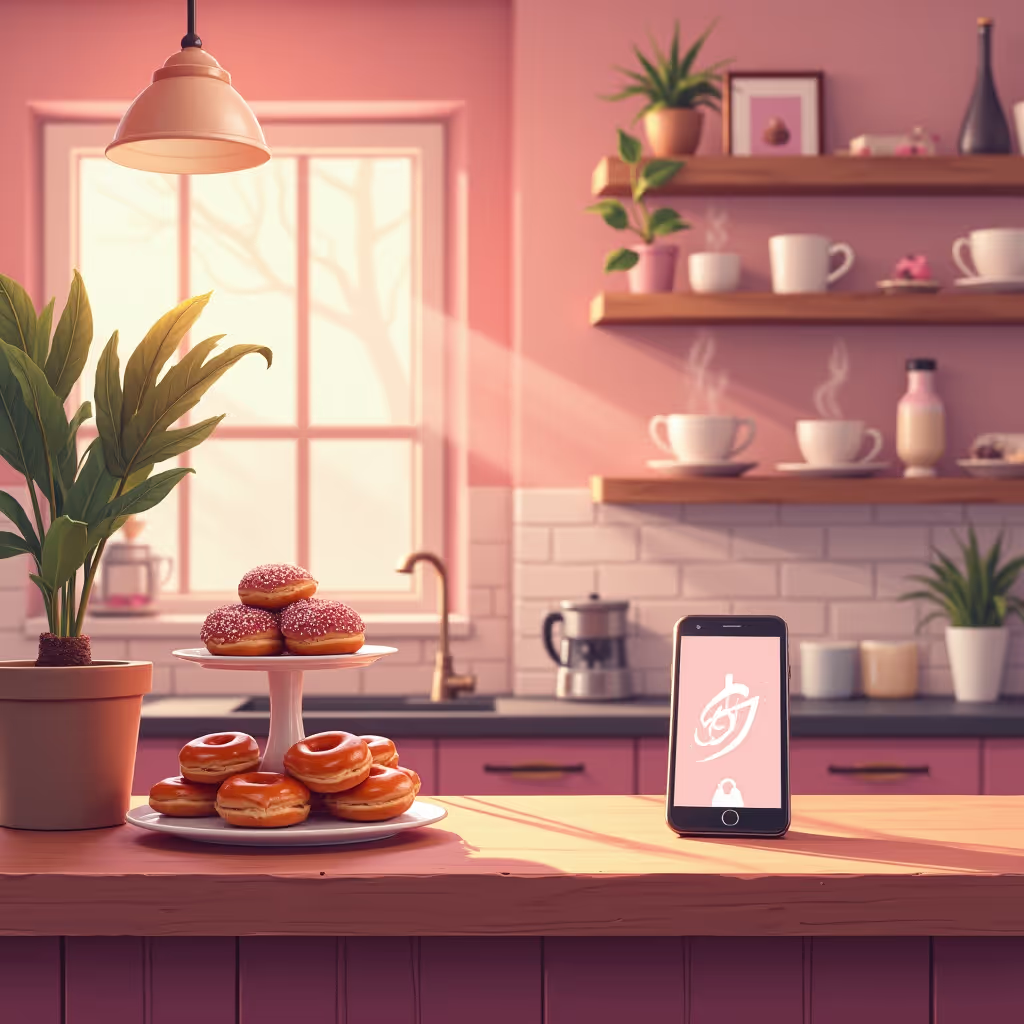
.avif)
.avif)
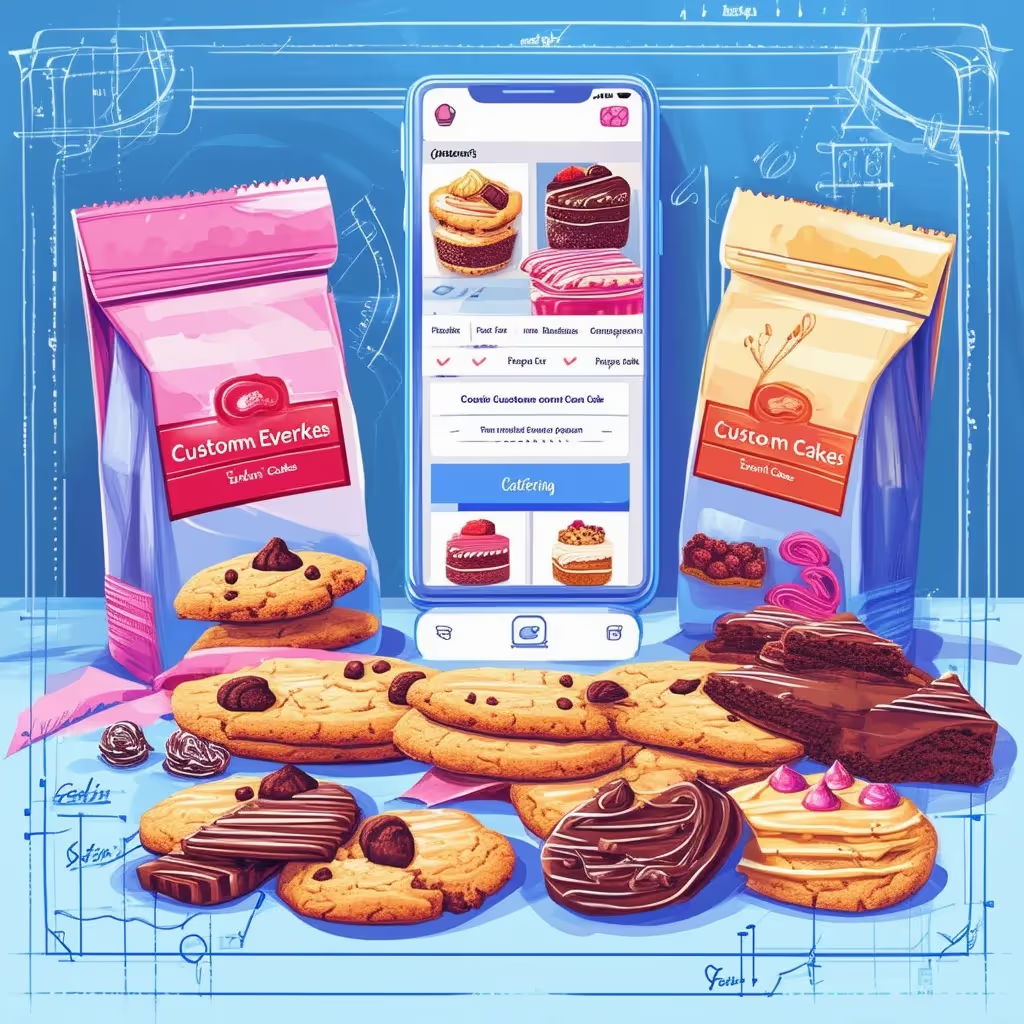
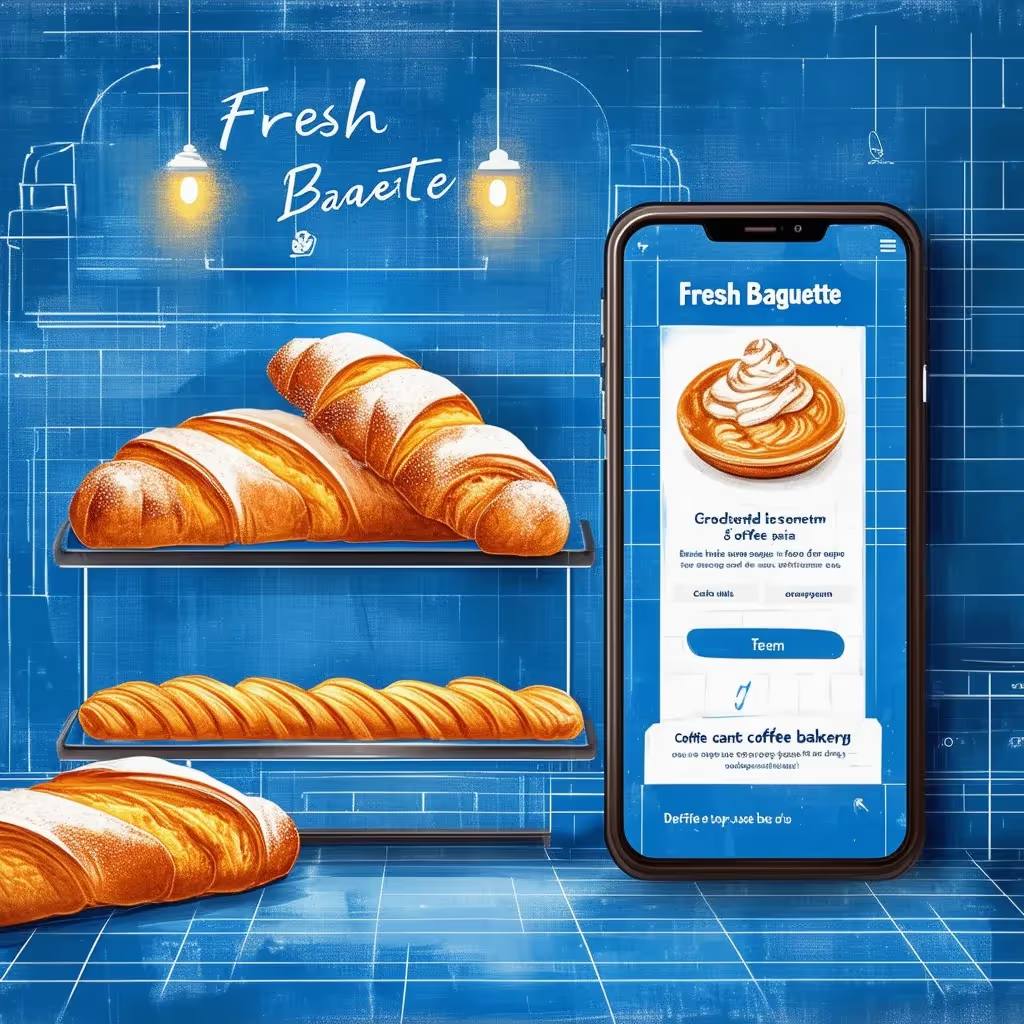
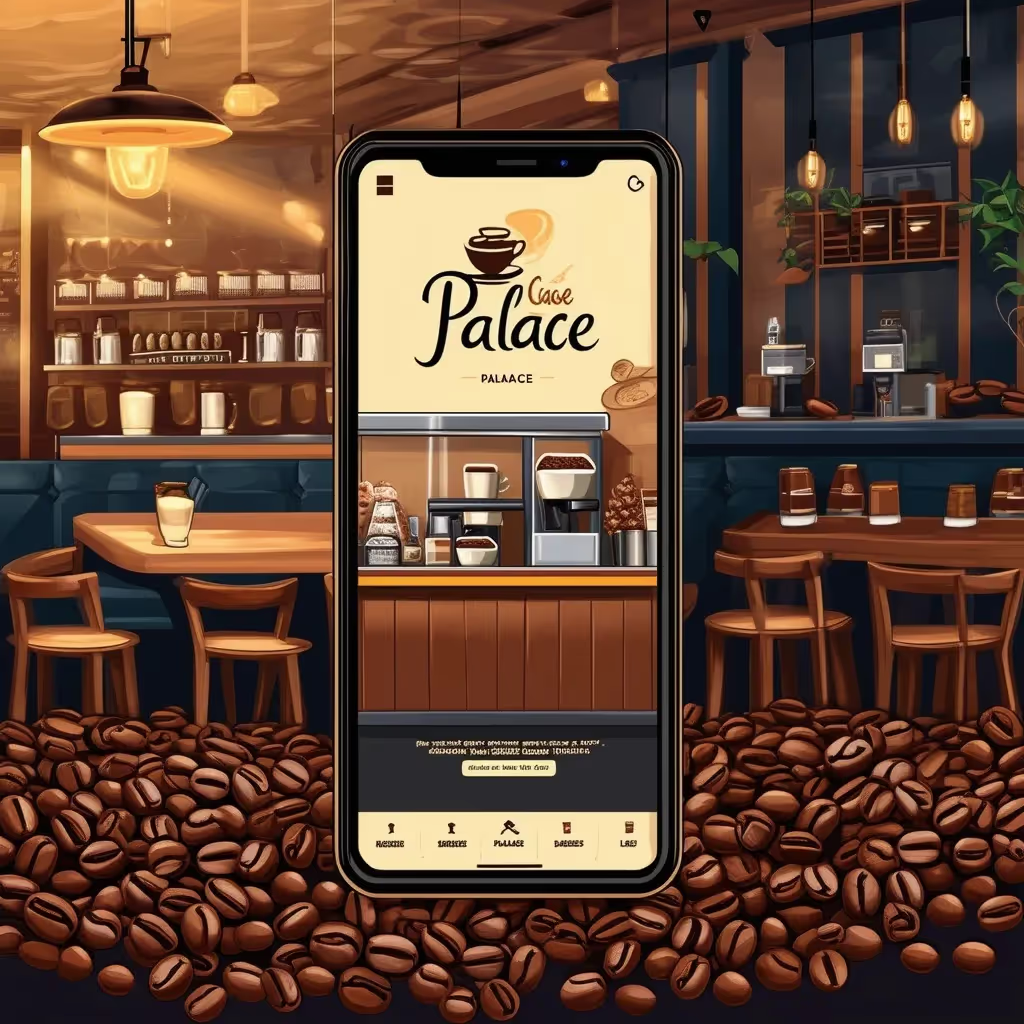
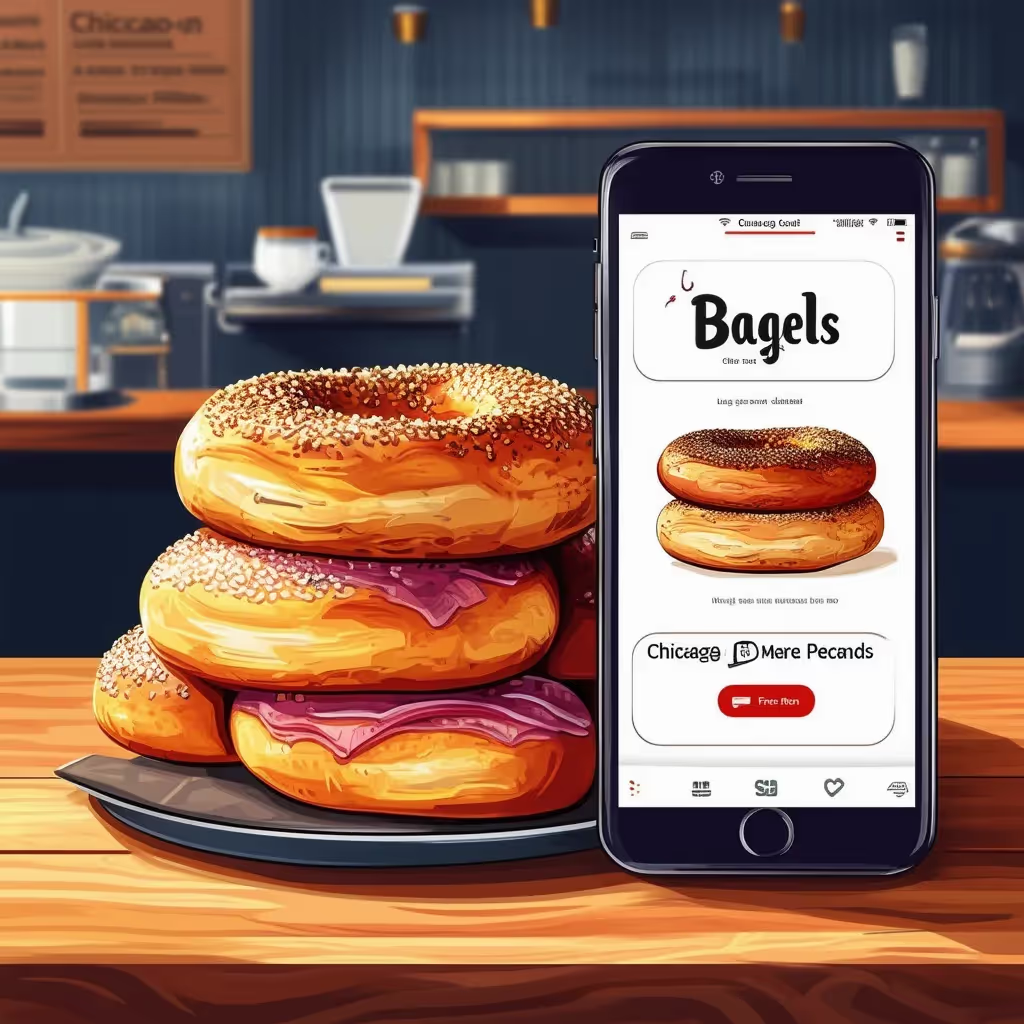
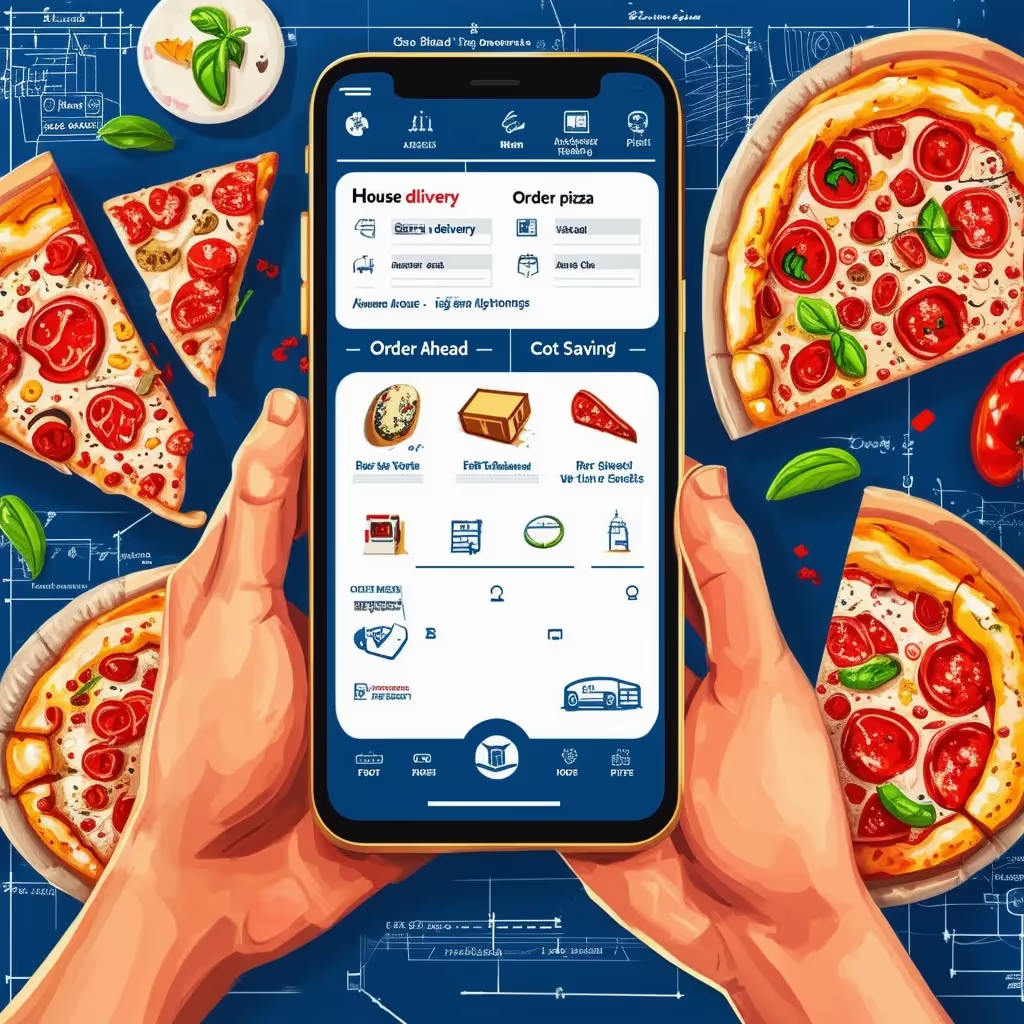

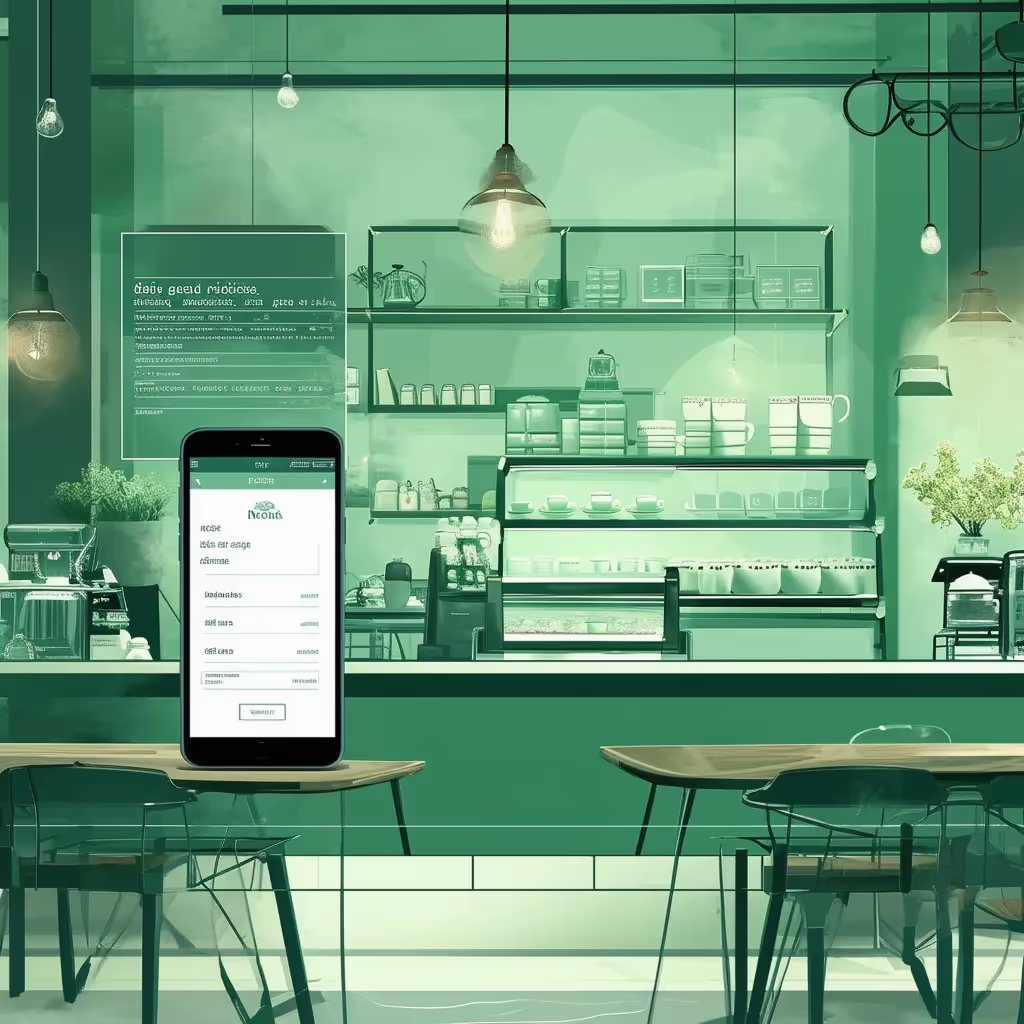

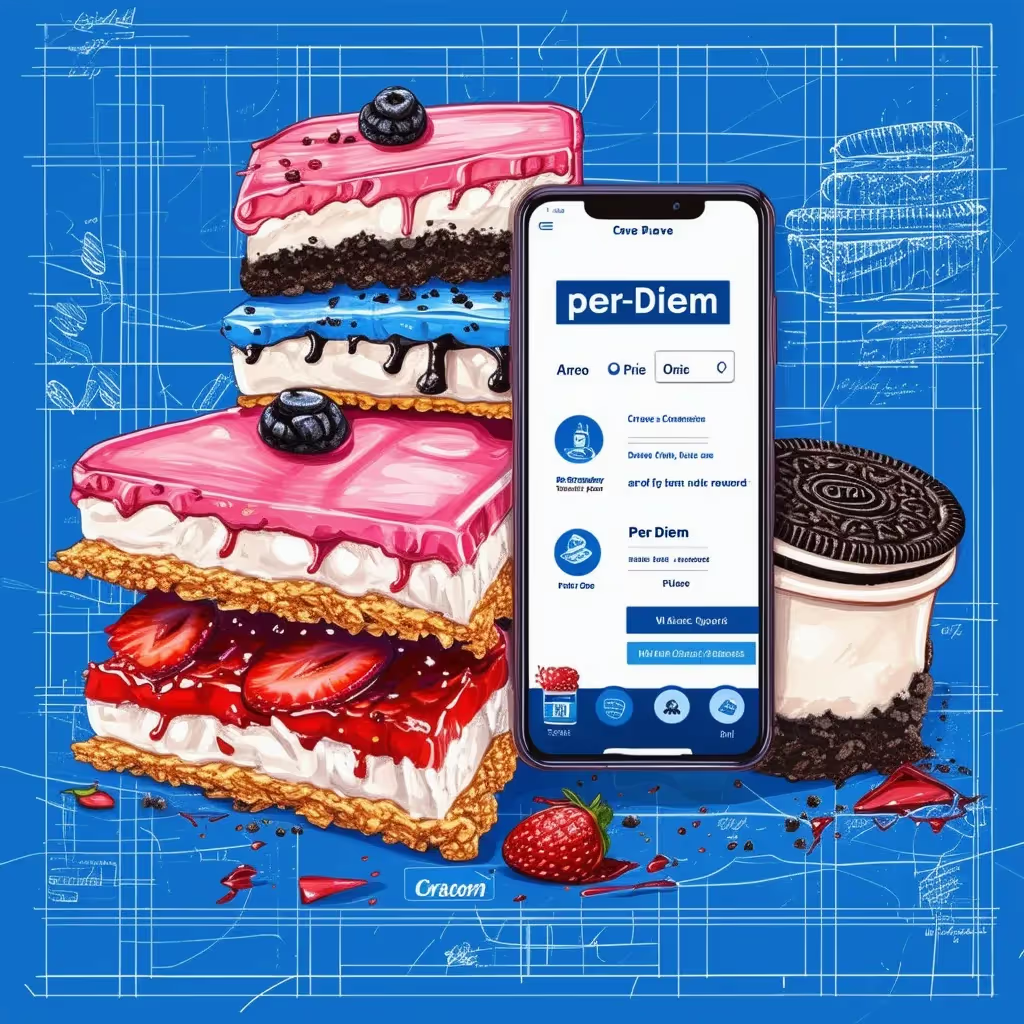
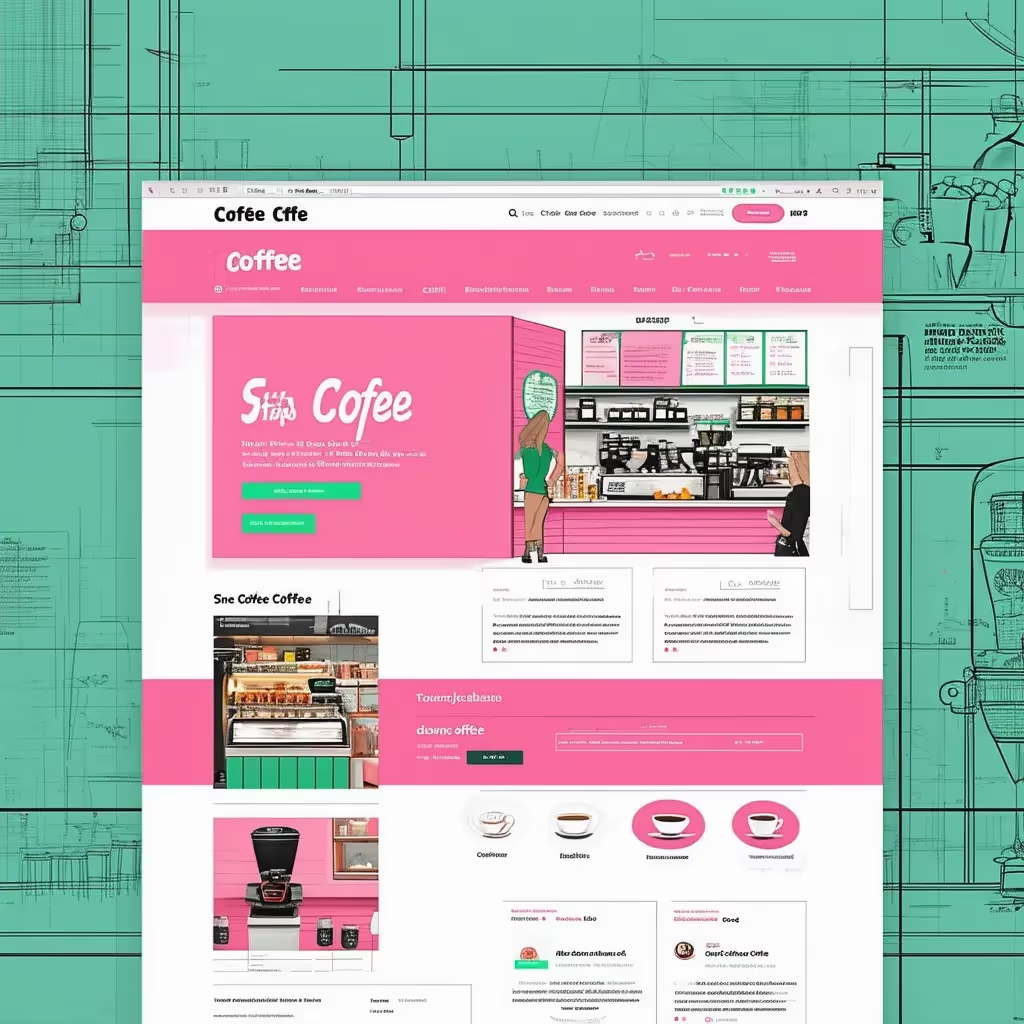
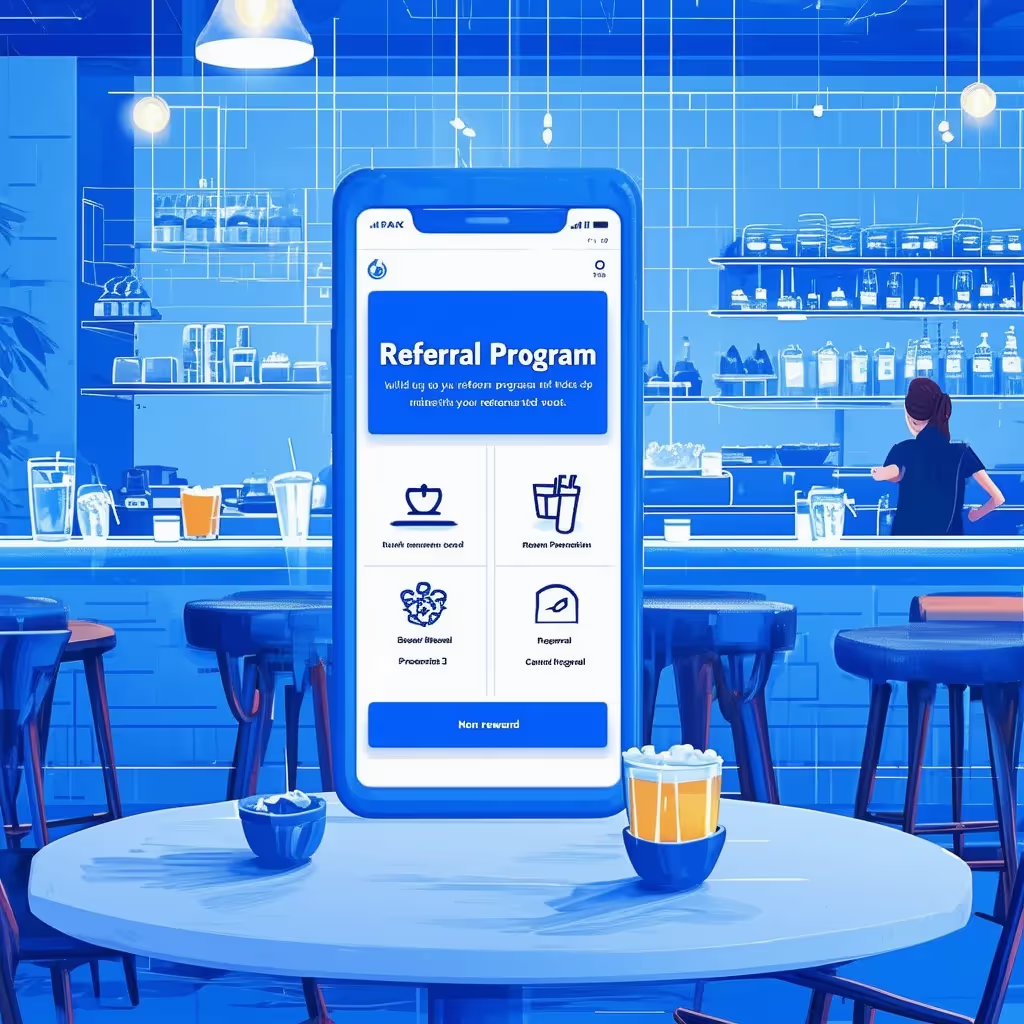



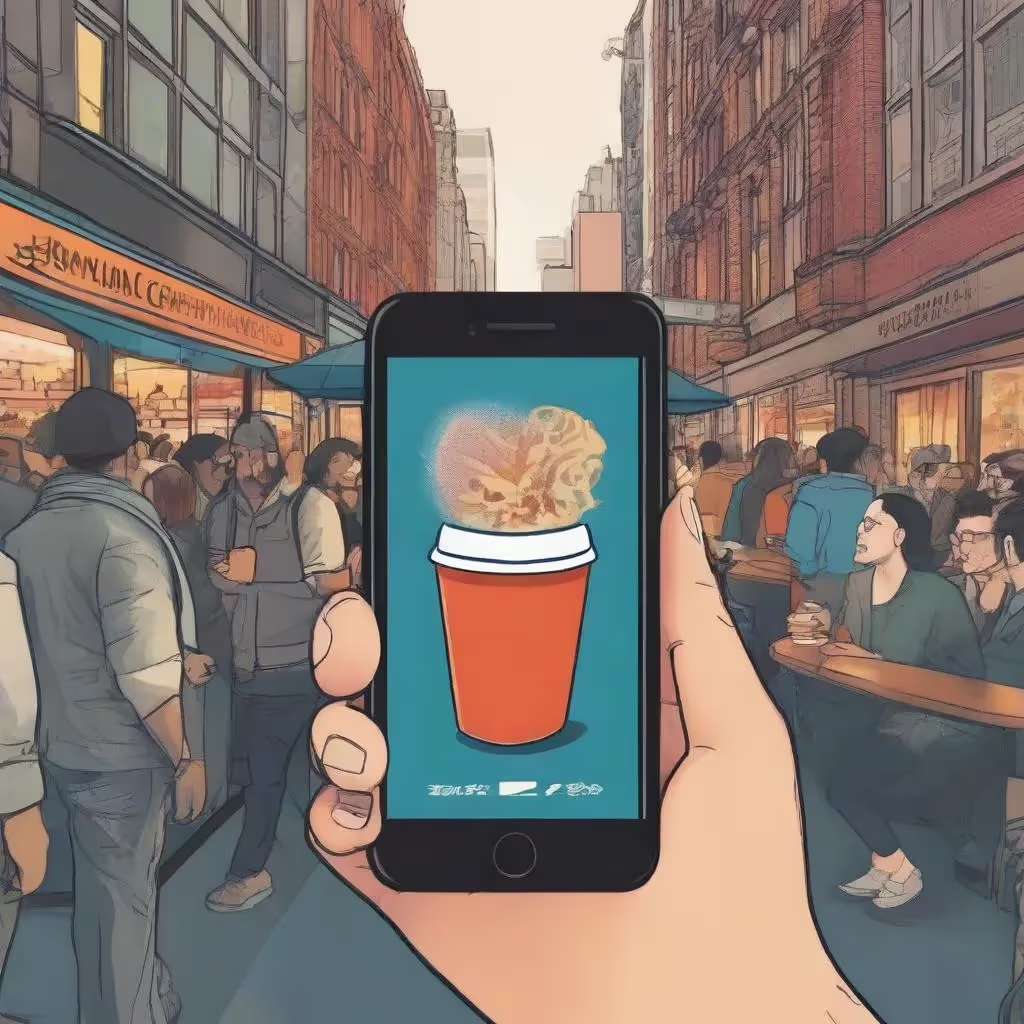
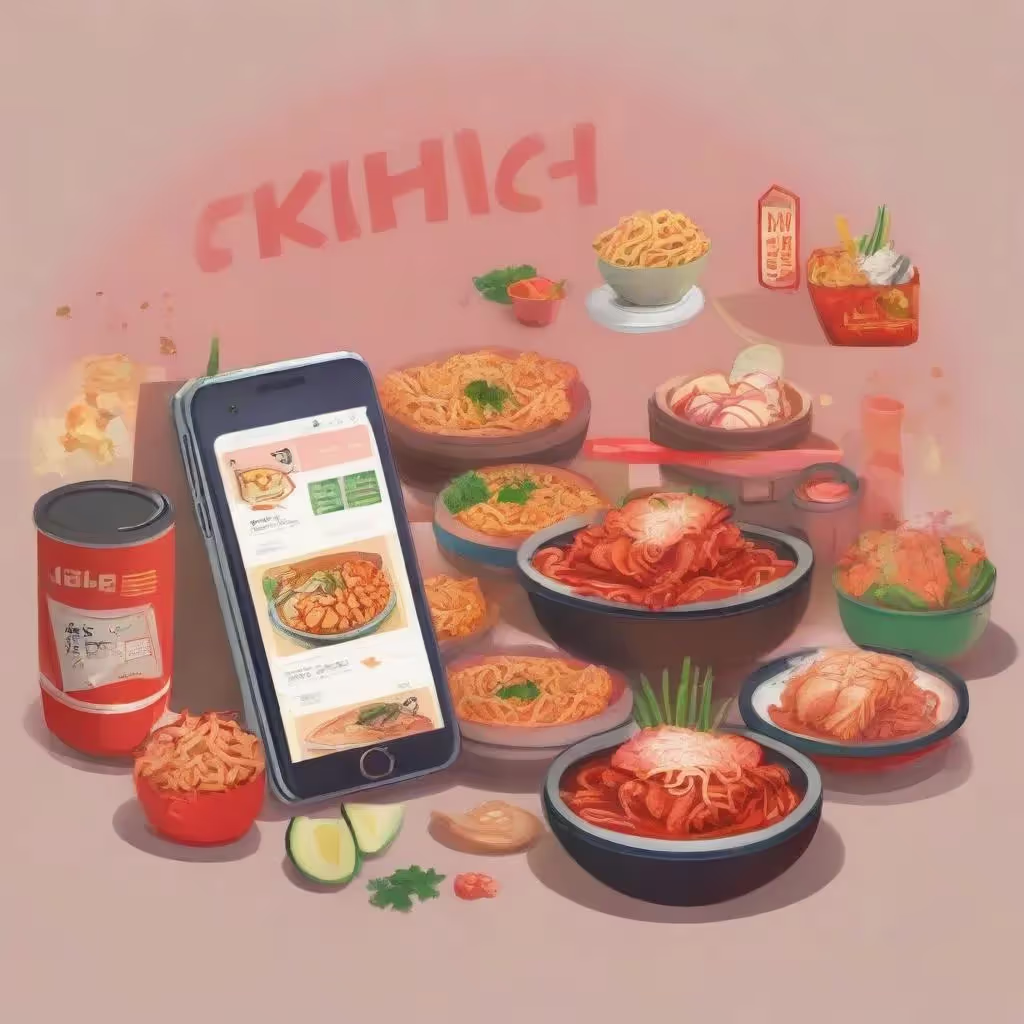
.avif)
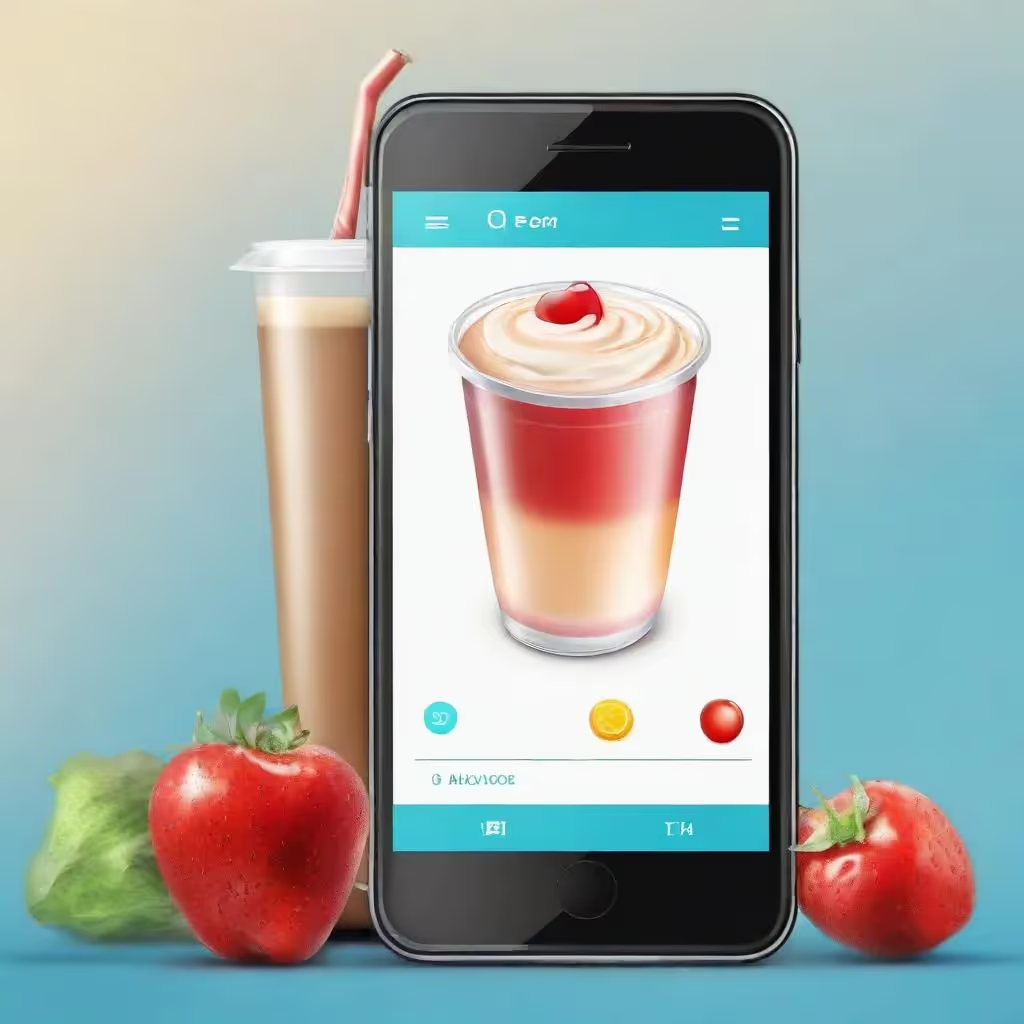



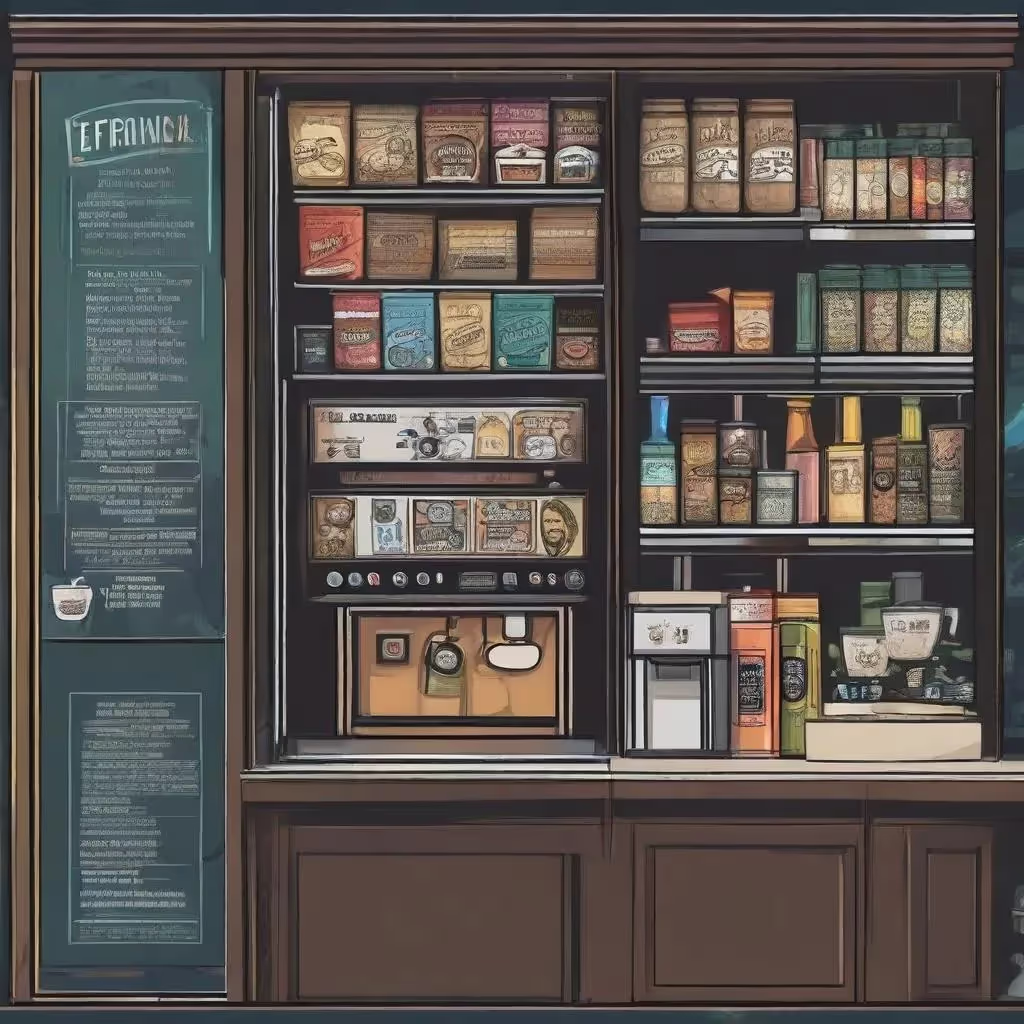
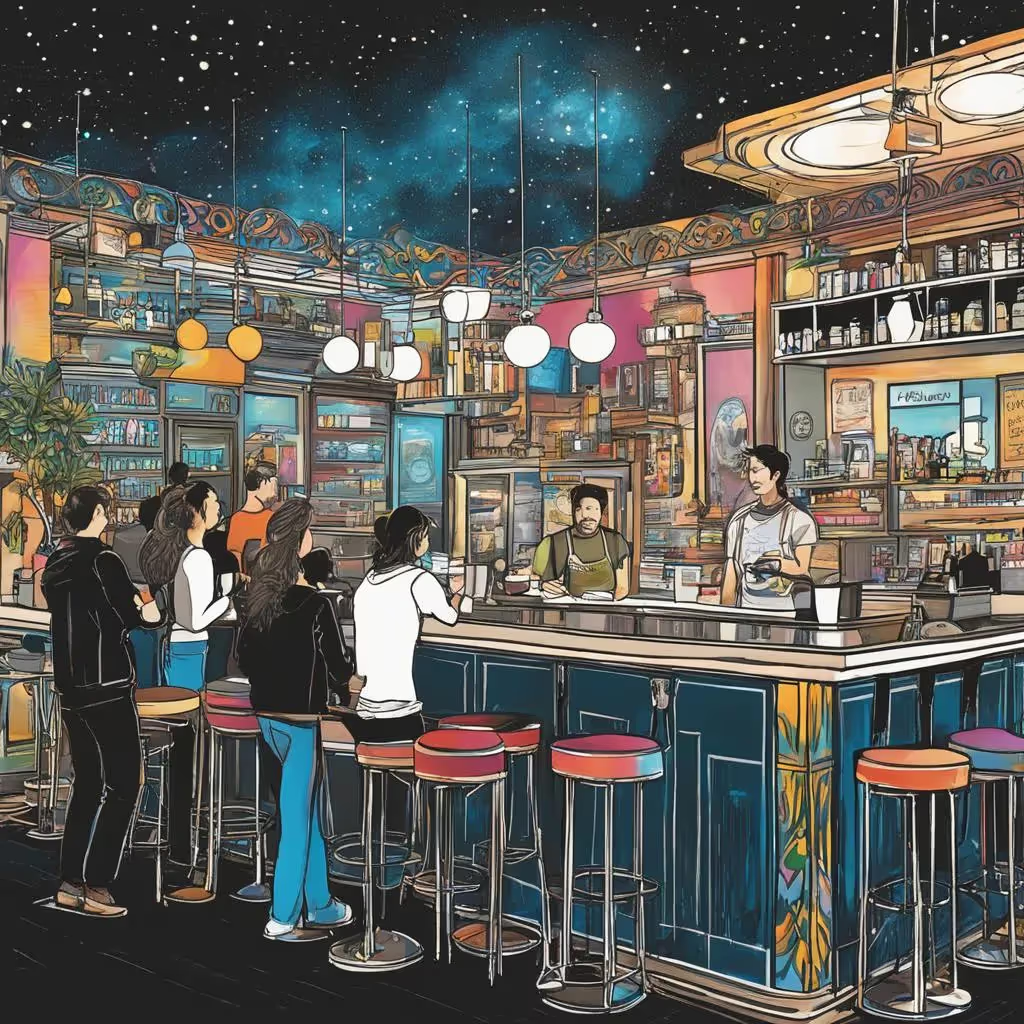
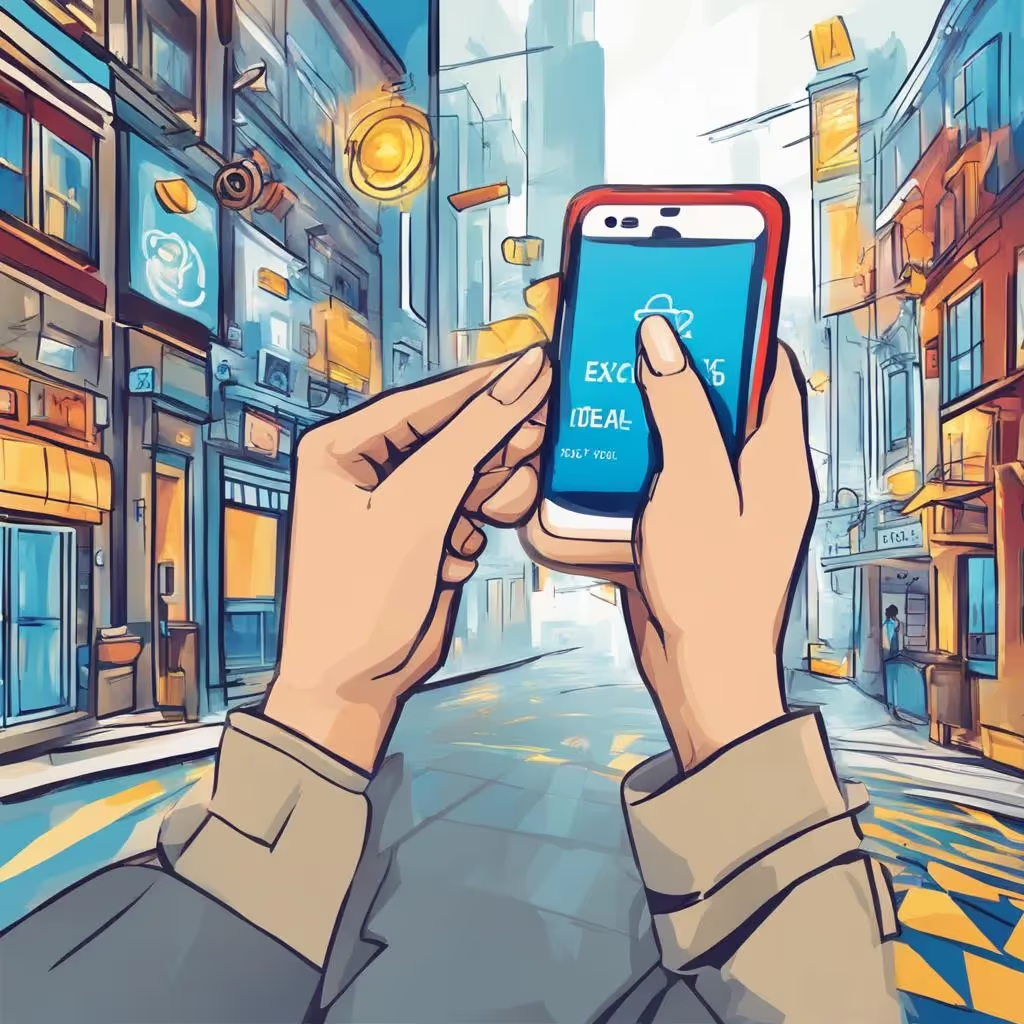
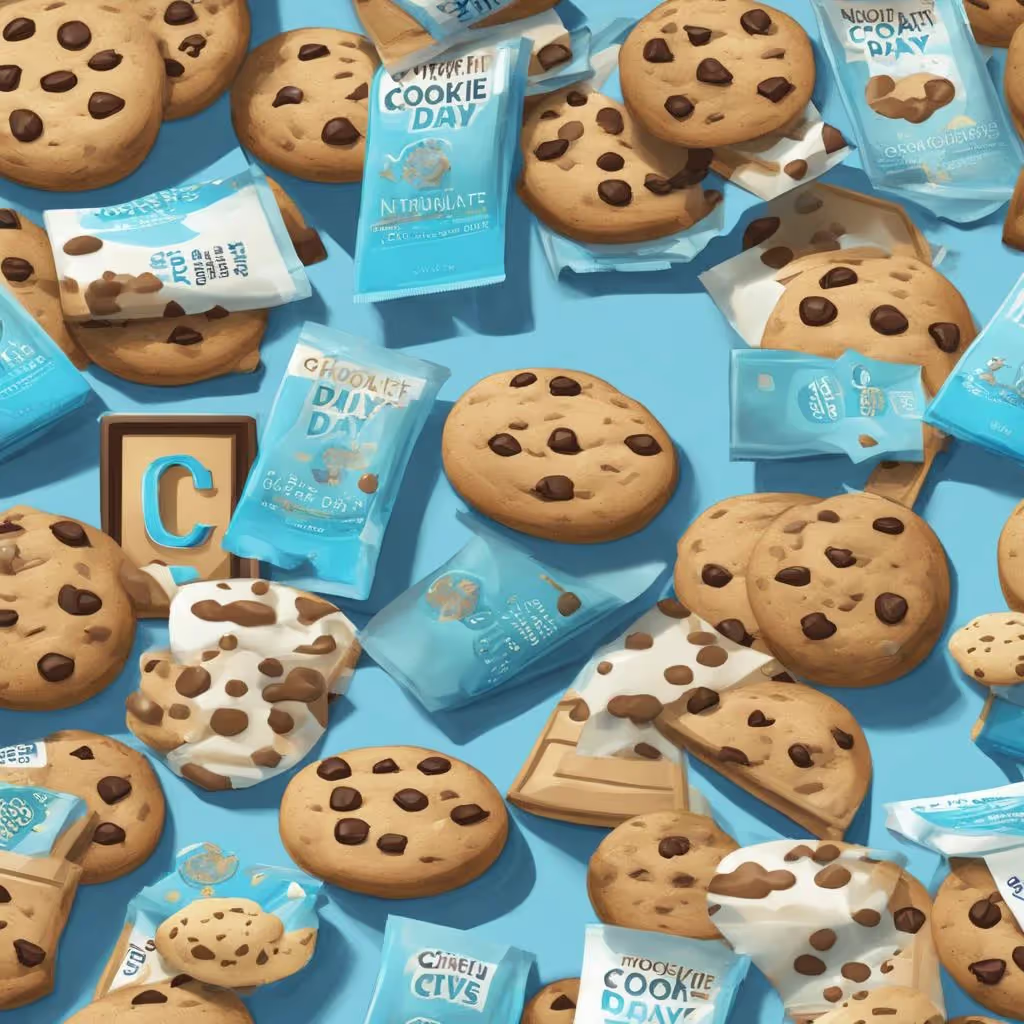
.avif)
